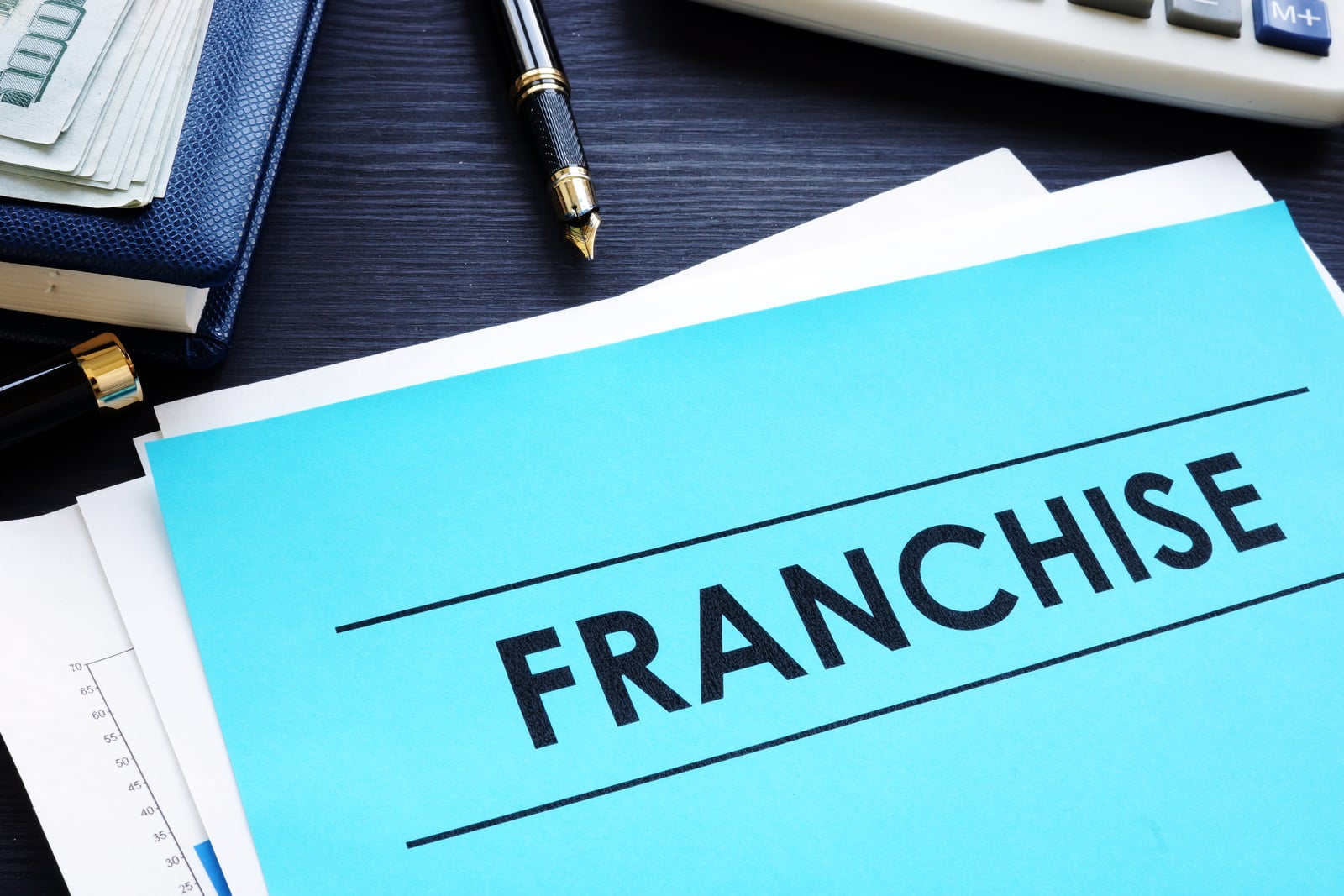The Difference Between an FDD and a Franchise Agreement
Two essential legal documents for a budding franchise are its Franchise Disclosure Document (FDD) and its franchise agreement. While they may have overlapping goals when it comes to establishing a successful franchisee and franchisor relationship, each serves a distinct purpose. Understanding the difference between an FDD and a Franchise Agreement can help franchisors and franchisees alike.
A Brief Explanation of FDDs and Franchise Agreements
Under the Franchise Rule, a franchisor must provide prospective franchisees with a disclosure document (i.e., an FDD) that addresses 23 items of information about the franchise. The purpose of the FDD is to give franchisees an opportunity to fairly evaluate the pros and cons of investing in the franchise. The 23 items that an FDD must cover include topics like:
- Current finances of the franchise
- The history of the franchise (e.g., lawsuits, bankruptcies, entity restructuring, ownership, etc.)
- Fees and other obligations of the franchisee
- Training, education and other benefits the franchisee will receive
- Estimated operation costs
The Federal Trade Commission (FTC) is the agency responsible for enforcing the requirement of providing franchisees with an FDD. Failing to provide the FDD in accordance with the Franchise Rule and other FTC guidance may result in fines and other penalties to the franchisor.
What Is a Franchise Agreement?
In comparison, a franchise agreement is a legal contract between a franchisee and a franchisor. The purpose of the agreement is to express the enforceable rights and obligations of each party as they establish a franchise relationship. The agreement should state material parts of the relationship (e.g., payment, conditions, etc.) and provide a structure for navigating each stage (e.g., future amendment, conflict resolution, renewal options, termination, etc.).
How Do FDDs and Franchise Agreements Differ?
The information within an FDD and franchise agreement will likely overlap, and the parties will likely incorporate the FDD into the franchise agreement as an exhibit. This can make it difficult to fully appreciate the difference between each document.
One point of distinction is the timing of each document. The exchange of the FDD will generally happen prior to the execution of the franchise agreement (at least 14-days prior in compliance with the Franchise Rule). The reason for this timing is that the franchisee needs an opportunity to fully consider the franchise opportunity before agreeing to it.
The other key difference is the origin of rights and obligations under each document. As mentioned above, an FDD is simply a compliance requirement under federal law and regulation. The FDD does not create any rights or obligations of the parties on its own. Rather, related rights and obligations may arise because of noncompliance with the Franchise Rule when exchanging the FDD (e.g., omissions, misrepresentations, untimely delivery, etc.). The franchise agreement, in contrast, establishes rights and obligations between the franchisor and franchisee once executed because it is a legally enforceable contract.
Additional Help Understanding FDDs and Franchise Agreements
Prospective franchisors and franchisees can benefit from understanding the difference between an FDD and a franchise agreement. While each serves its own purpose, both are essential documents for creating a mutually beneficial franchise relationship.
The attorneys at Franchise & Business Law Group help franchisors and franchisees by drafting and reviewing the terms of both FDDs and franchise agreements. The firm also helps franchises with compliance issues related to the Franchise Rule. Please contact us if you have any questions about FDDs, franchise agreements, or other issues related to starting or joining a franchise.
Contact Franchise & Business Law Group today for help with an FDD or Franchise Agreement.

